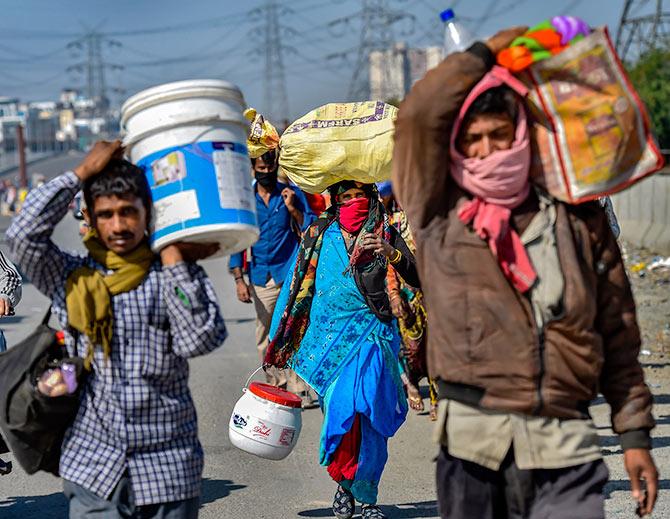Unlike the other Bharatiya Janata Party-led governments, Assam has not proposed doing away with most labour laws for a certain number of years. Instead it has proposed introducing fixed-term employment to help both workers and industries, and seeks to take more firms out of the ambit of laws governing factories and contract workers.

The Assam government has proposed a set of changes to labour laws, becoming the latest entrant in the list of states taking such a step in a bid to boost investment at a time when economic activities have come to a grinding halt due to the novel coronavirus.
However, unlike the other Bharatiya Janata Party-led governments, Assam has not proposed doing away with most labour laws for a certain number of years.
It has proposed introducing fixed-term employment to help both workers and industries, and seeks to take more firms out of the ambit of laws governing factories and contract workers.
The government has further proposed increasing the working hours in factories from a maximum of 8 hours to 12 hours in a day. The decisions were taken in a meeting of the state Cabinet on Friday.
By introducing fixed-term employment, firms in the state will be able to hire contract workers directly, without the need to go through the contractor system, thereby saving cost and time.
But companies will have to offer equal social security benefits to such workers, who will be hired on a fixed number of years, as is given to permanent workers in the same unit, if the Assam government chooses to follow the model law of the Central government.
According to a proposal, the Factories Act, 1948 will implement on those manufacturing units, using power and employing at least 40 workers, instead of 20 workers.
For manufacturing units operating with the aid of power, the Factories Act will be applicable only if they employ at least 20 workers, instead of 10 at present. The Act has provisions for the occupational safety, health and welfare of workers in manufacturing units.
However, these changes will require the approval of the central government as it will make changes to central law. Labour falls under the concurrent list of the Indian Constitution and states can make their own changes.
The Contract Labour (Regulation and Abolition) Act, 1970 is proposed to be applicable on firms employing 50 contract workers, up from 20 at present. The Act defines regulations applicable to contractors, who help firms in hiring contract workers.
The state government has also proposed “increase in shift hours from 8 to 12 hours during COVID-19 period”.
The states have the power to make this change in the Factories Act through a provision in the law, without seeking the approval of the central government.
States such as Rajasthan, Punjab, Haryana, MP, among others have already made similar changes.
The changes made by the Assam government, which is governed by a BJP-led ruling coalition, is unlike the other BJP state governments like UP, Gujarat and Madhya Pradesh.
The UP government has proposed abolition almost all labour laws in the state for a period of three years for all firms.
The MP government has also proposed abolition many provisions of the Industrial Disputes Act and welfare provisions under the Factories Act for new firms setting up shop for the next 1000 days.
Similarly, the Gujarat government has also announced abolishing almost all labour laws for new units which operate for 1,200 days.
The UP and Gujarat governments have said that provisions related to women and children, along with minimum wages and payment of wages will continue to apply in the state for all firms.












 © 2025
© 2025